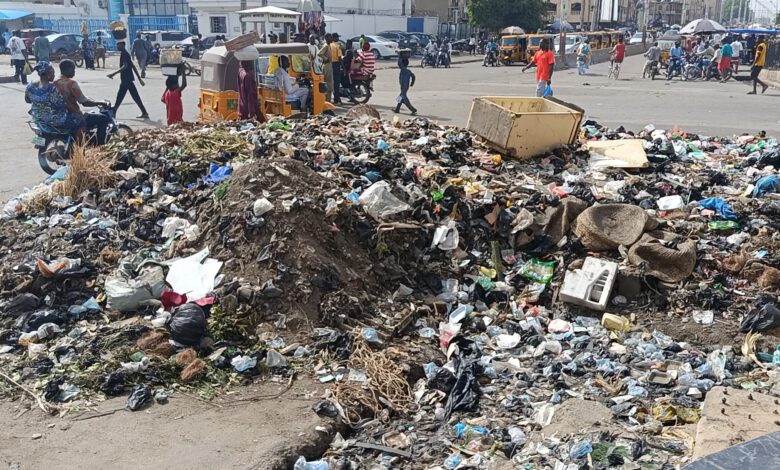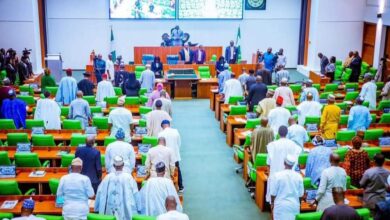Kano Government Raises Alarm Over City’s Polluted Air

The Kano State Government has raised concerns over high levels of air pollution recorded in parts of the metropolis, with Sharada Market and Sabon Titi identified as major pollution zones.
An air quality assessment by the Kano State Pollution Control Laboratory found that air in Gaida, Ja’en, Sabon Titi, and Sharada Market contains high levels of fine particulate matter and carbon dioxide, exceeding national safety thresholds.
“Our analysis shows that fine particulate matter (PM₂.₅ and PM₁.₀) in all the monitored areas surpasses the national health standards,” said State Commissioner for Environment and Climate Change, Dr. Dahir M. Hashim. “These tiny particles can penetrate deep into the lungs and bloodstream, causing a range of health problems from asthma to heart disease.”
The report recorded PM₂.₅ levels between 46.50 µg/m³ in Gaida and 79.05 µg/m³ in Sharada Market, above the National Environmental Standards and Regulations Enforcement Agency (NESREA) limit of 35 µg/m³. PM₁.₀ levels peaked at 77.83 µg/m³ in Sharada Market.
PM₁₀ levels were within the permissible range (≤150 µg/m³), but experts note that PM₂.₅ and PM₁.₀ pose greater health risks due to their ability to reach deep into the lungs.
Carbon dioxide concentrations ranged from 1432.50 to 1552.25 parts per million (ppm), significantly above the safe ambient range of 300–400 ppm. Dr. Hashim attributed this to “major pollution sources such as traffic congestion, industrial discharge, and the rampant burning of waste.”
“We are not only dealing with dust or smoke,” Dr. Hashim said. “A cocktail of harmful gases—Carbon Monoxide, Sulphur Dioxide, Nitrogen Oxides, Volatile Organic Compounds, and even toxic substances like Hydrogen Cyanide and Chlorine—were detected in the air we breathe every day.”
The report evaluated several atmospheric gases, with most within national limits but contributing to overall poor air quality.
Sharada Market and Sabon Titi were listed as areas needing immediate attention due to high pollutant levels.
“Air pollution is not just an environmental issue. It’s a public health emergency. Government alone cannot solve this. We need industries to clean up their emissions, citizens to stop open burning, and transport operators to maintain cleaner vehicles,” Dr. Hashim said.
The Ministry of Environment and Climate Change plans to engage stakeholders, including local governments, environmental groups, and market associations, to implement an emergency response and long-term pollution control strategies.
Residents were advised to take precautions such as wearing masks in affected areas, limiting outdoor exposure, and participating in community cleanup efforts.
The post Kano Government Raises Alarm Over City’s Polluted Air appeared first on Kano Times.





